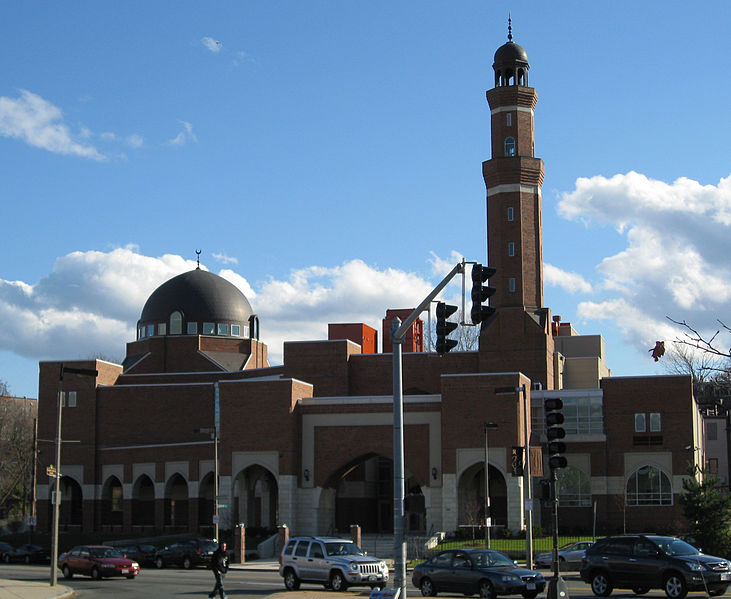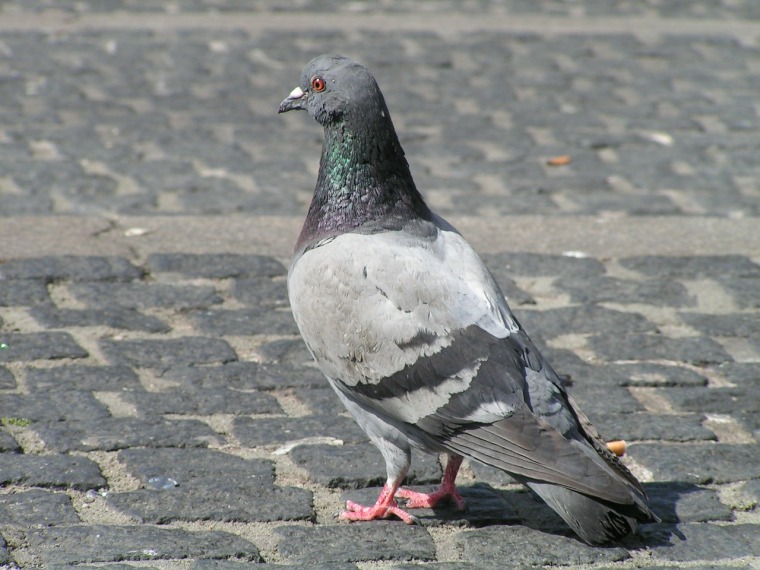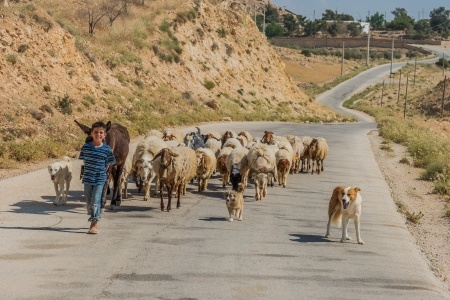I am on the mailing list of a large mosque in the Roxbury area of Boston. While Egypt’s minarets give us a journey through history and Turkey boasts Ottoman style mosques, the mosque in Roxbury is modern. It sits across from Roxbury Community College, its dome and minaret smaller than those in the Muslim world. I’ve been told that there were protests when the mosque opened.
Being able to express and live out our truth claims in freedom is a gift. A gift that I’d love everybody to have.
And because of this I’m glad that there is a mosque in Boston. I’m glad that my Muslim friends and acquaintances have a place to worship. When I lived in both Pakistan and Cairo I was grateful for a space where I could worship; grateful for the presence of churches in a Muslim country. These churches formed a good part of our community. And controversial as this may seem to some, I want this for my Muslim friends. In a country that claims freedom of religion, they should have a place to worship.
Yesterday began the month of Ramadan for Muslims. I’ve written in the past about Ramadan – about loving neighbors more than sheep, about my outsider perspective. Once again, I find it a good time to bring attention to the 1.6 billion Muslims in the world, who in one way or another will be celebrating the month of Ramadan.
Ramadan is a month long period of fasting. It is intended to be a time of spiritual discipline, praying, and generosity. During the month of Ramadan, Muslims abstain from food, liquids, sex, and cigarette from the from sun up to sun down. Fasting during Ramadan is one of the five pillars of Islam, and the month of Ramadan is considered the holiest month of the year.
There are some good articles that you can read to help understand more about the month of Ramadan, and I have linked them at the end of this article, but today I want to issue a challenge to fellow Christians, those who hold to my faith tradition.
How many of us feel frustration when our faith is misunderstood, when myths abound, when others reject us because they disagree with what we believe?
But being rejected for our faith and truth claims is not fun. It’s lonely. It’s defeating. It’s discouraging. We want to scream when we hear misconceptions about Christianity and shout “No – that’s not the way it is! If we could just have a conversation….”. We long to engage with people about our faith because it’s important, because it’s foundational to who we are and how we live. Engaging with people over their beliefs does not mean we are watering down our own. How do so many come to believe that relationships, friendships and listening to others, means that we will fall down some slippery slope of forsaking our truth claims; of being false to that which we believe?
So as the month of Ramadan comes around, we have an opportunity to engage with Muslims. We have a chance to live out what we want others to live at Christmas and Pascha or Easter.
With this in mind, I would challenge you to engage with Muslims. Get to know someone who is a Muslim. Ask them about Ramadan and what it means to them. Ask them about the traditions that surround Ramadan. Just as Christians are not monolithic, so it is with Muslims, and traditions change according to country and family. Wish Muslims at your work place “Ramadan Kareem” or “Ramadan Mubarak.” Or better still, ask them – ask them what to say. We have the choice to engage with others and learn about what they believe. Are you willing to engage people during Ramadan?
We live in a world that quickly rejects based on appearance, religion, actions and more. How do we learn to live in truth to what we believe – which means that at some point we will disagree – and yet not be afraid to engage? How can we remember the importance of friendships and relationships in living out our faith?
I ask myself this question all the time – how about you?
Aticles on Ramadan:
- Ramadan for Non-Muslims: An Etiquette Guide
- Ramadan 2016: 9 Questions about the Muslim holy month you were too embarassed to ask.
- Ramadan is here. What Islam’s Holiest Month is All About.
*An earlier edition of the post omitted the important detail of Muslims fasting only during the daylight hours. The piece has been corrected to reflect that fact.













